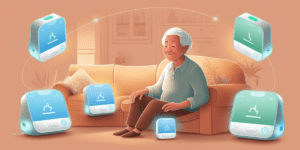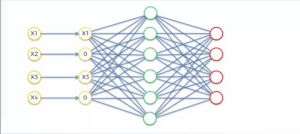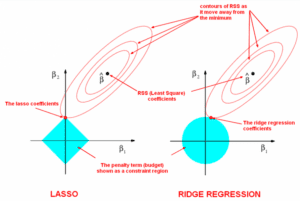Introduction: A Revolutionary Change in Aged Care
Artificial intelligence (AI) is transforming Australia’s aged care industry, offering solutions that promise improved safety, efficiency, and resource management. But here’s the contradiction:
What if these AI innovations that promise freedom are, in fact, confining our elders in a “glass cage”—visible but restricted—under the guise of protection?

The Glass Cage: Promises vs Reality
Yes, the glass cage stands tall: its gleaming walls polished to perfection, whispering promises of safety. Yet its smooth surface hides a deeper reality. For all its innovation, it leaves little room for the unpredictable flow of human autonomy.
What does this mean for autonomy?
- AI tools are designed to empower, but they can unintentionally hinder.
- The promise of care might come at the cost of connection and dignity.
How AI Constructs the Glass Cage in Aged Care
1. Predictive Analytics in Elderly Care
AI-powered systems analyse health data to predict falls, illnesses, or risks, enabling proactive care.
- Promise: Proactive interventions reduce risks and improve safety.
- Problem: Everyday activities may be labelled as “too risky,” subtly restricting autonomy.
[Read more on arxiv.org]
2. Robotic Assistance for Seniors
Robots equipped with AI provide companionship and assist with daily activities.
- Promise: Companionship and assistance in completing tasks.
- Problem: Can a robot truly replace the warmth and connection of human interaction?
[Learn more on agedcaremadeeasy.com.au]
3. AI Monitoring Systems in Aged Care
AI-driven tools track residents’ movements and health metrics to prevent incidents such as falls.
- Promise: Enhanced safety and round-the-clock monitoring.
- Problem: Constant surveillance feels more intrusive than caring.
[Explore research on monash.edu]

Key Challenges of AI in Aged Care
The glass cage metaphor captures the paradox of AI in aged care. Below are the major challenges:
Transparent Boundaries
- Elders may face restrictions on activities like outdoor walks, labelled as “too risky.”
- AI decisions often leave personal desires unheard, confined to mere echoes.
The Illusion of Personalisation
- AI systems promise tailored care plans but fail to truly understand individual needs.
- These “personalised” solutions often mask rigid controls that limit freedom.
Surveillance Without Consent
- Continuous monitoring strips away intimacy, replacing it with sterile oversight.
- Elders may feel like they’re constantly being watched rather than cared for.
Why Australians Must Break the Glass Cage
Over 1.5 million Australians rely on aged care services annually, meaning AI decisions impact not only individuals but also families and communities.
The Choice We Face
- Option 1: Embrace AI systems that respect autonomy and dignity.
- Option 2: Allow systems to confine elders within a glass cage of paternalism.
The Urgency of Action
Yes, this matters today. Imagine your loved ones—or even yourself—living in a world where freedom feels just out of reach: visible but untouchable.
Would you accept it, or would you fight to shatter the illusion?
Where Do We Go from Here?
The glass cage of AI in aged care is not inevitable—it’s a choice. With thoughtful oversight and critical engagement, we can ensure AI empowers rather than confines.
I bet you are a bit like me—someone who sees both the potential and risks of innovation. You probably want solutions that empower, not restrict.
There is no way to cover all of this in a single blog post, which is why I’ve written more on this subject. Have you read AI: The Modern Panopticon Watching Over Your Freedom? If not, click here.
Let’s work together to build systems that prioritise safety without compromising autonomy, ensuring that elders can live with dignity and freedom.








